Find Help
More Items From Ergsy search
-
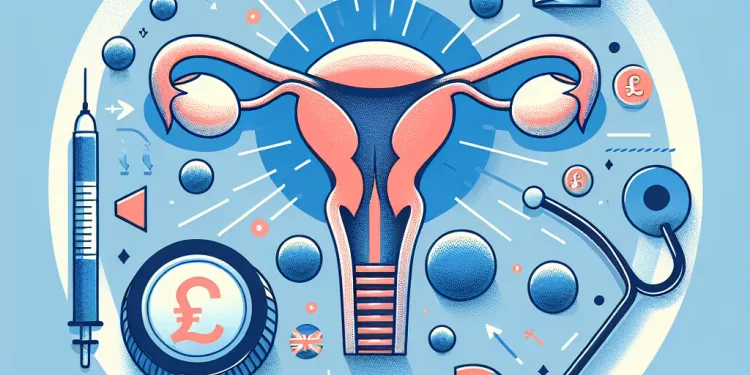
What are the symptoms of testicular cancer?
Relevance: 100%
-
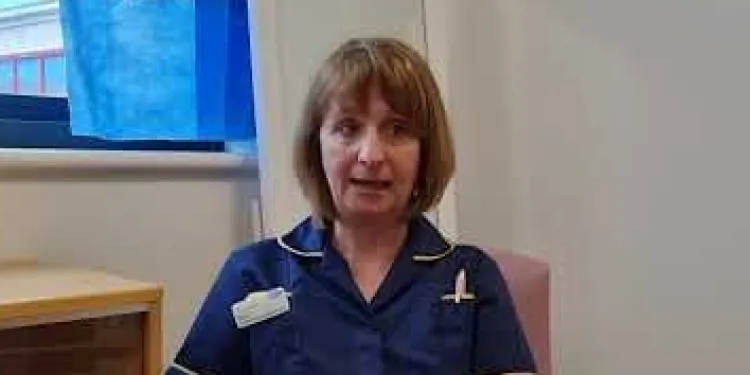
Ovarian cancer - signs and symptoms to look out for
Relevance: 91%
-
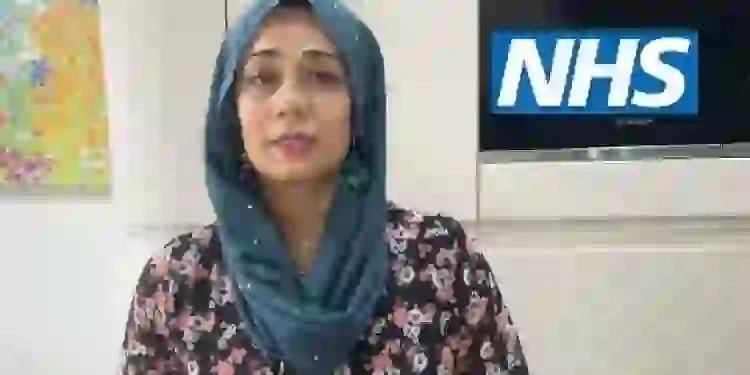
Get cancer symptoms checked by your GP | NHS
Relevance: 91%
-
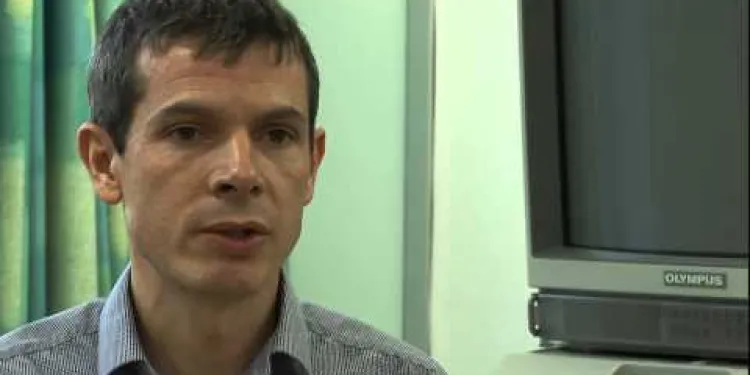
Bowel cancer - Symptoms and signs to look out for
Relevance: 91%
-
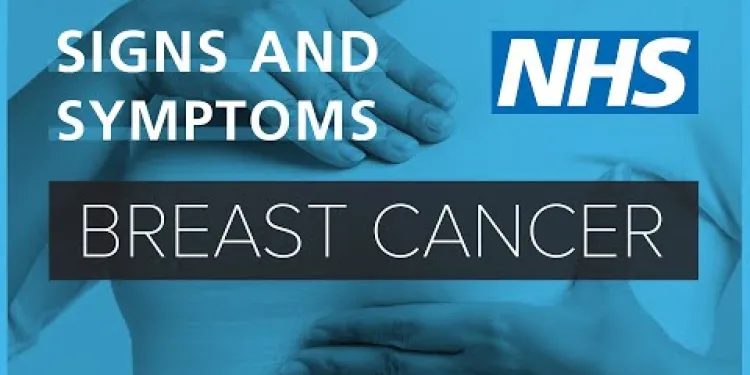
About Breast cancer - signs and symptoms | NHS
Relevance: 90%
-
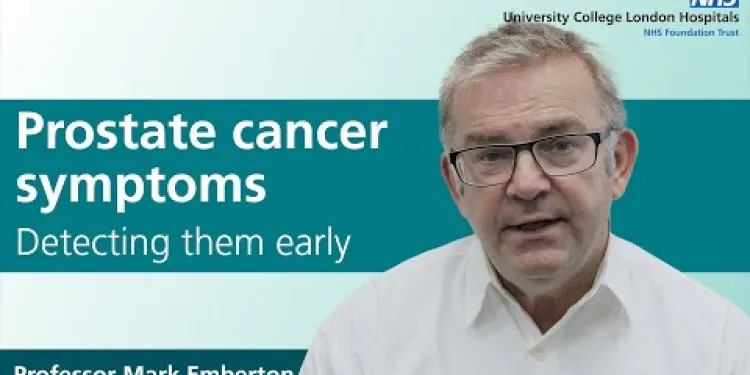
Prostate cancer symptoms - detecting them early
Relevance: 90%
-
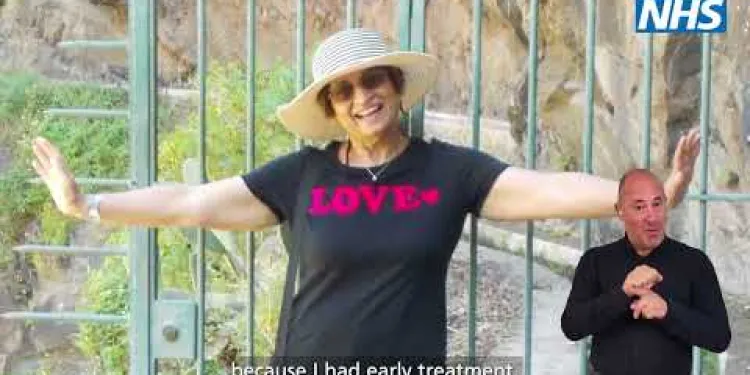
Get cancer symptoms checked by your GP | NHS - BSL version
Relevance: 84%
-

Are there symptoms of an HPV infection?
Relevance: 74%
-
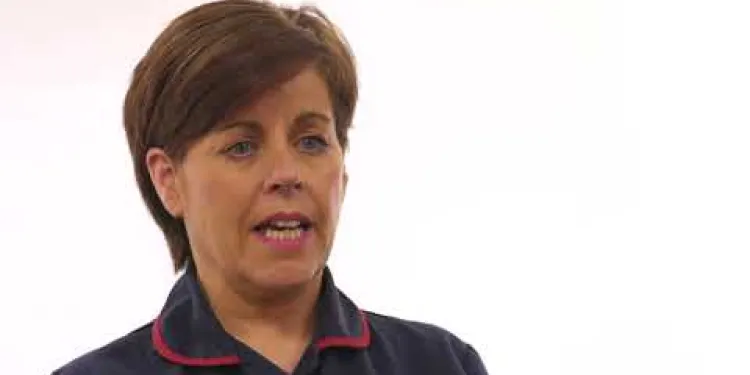
Ovarian Cancer
Relevance: 73%
-
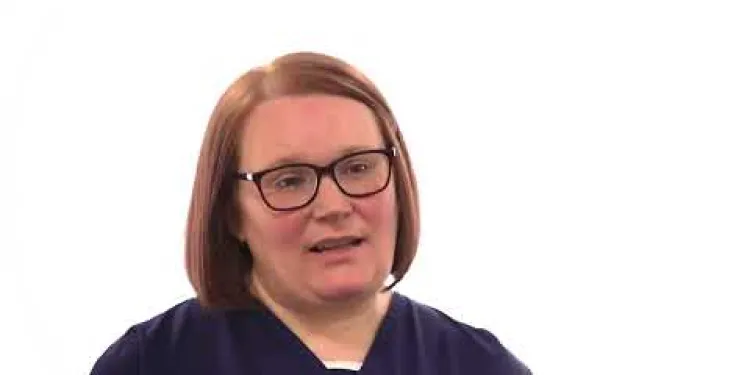
Vaginal Cancer
Relevance: 73%
-
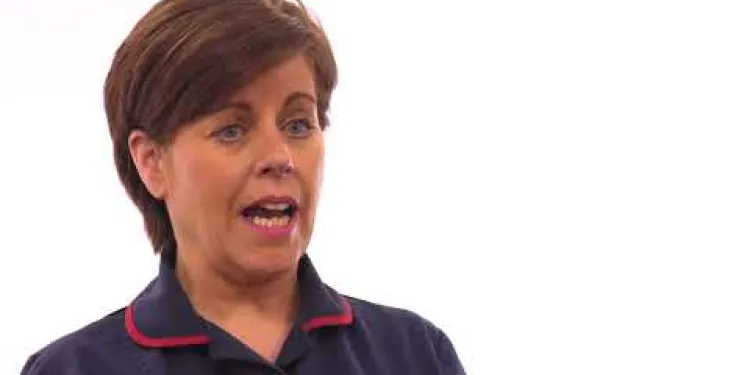
Endometrial Cancer
Relevance: 72%
-
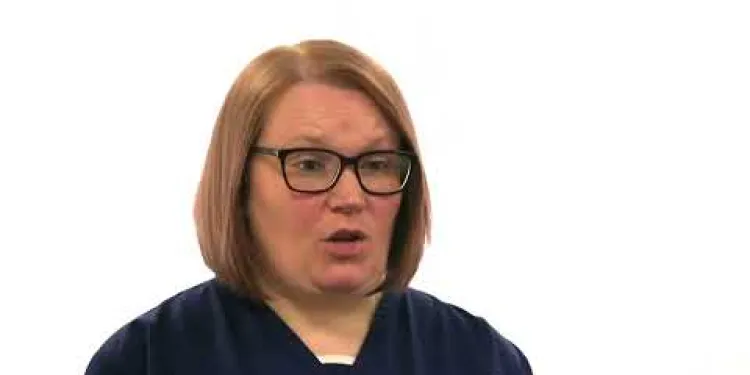
Vulval Cancer
Relevance: 71%
-
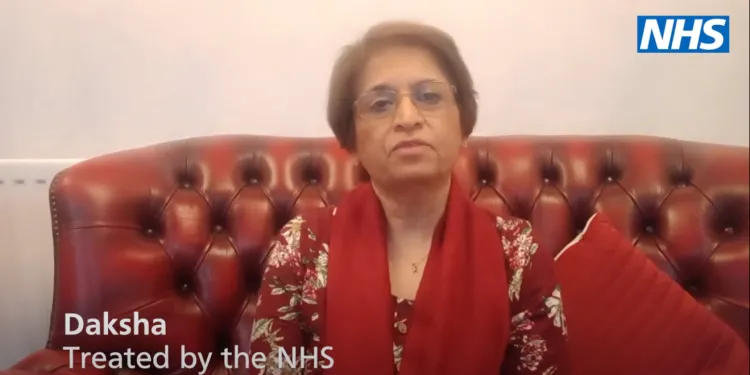
What is Cancer?
Relevance: 71%
-
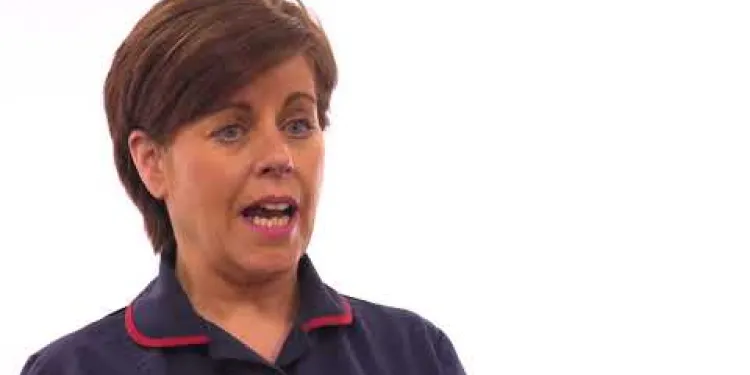
Endometrial Cancer
Relevance: 71%
-
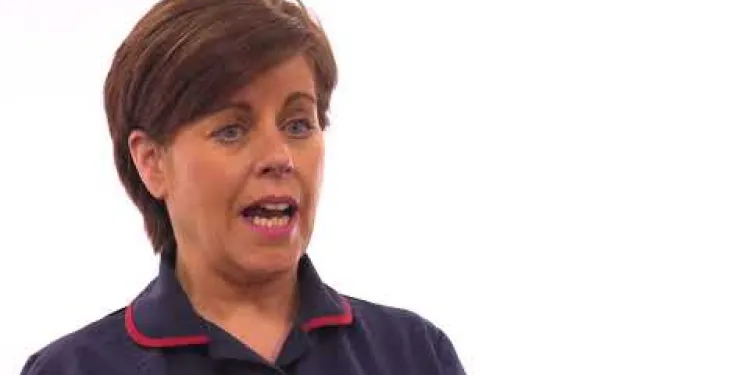
Endometrial Cancer
Relevance: 70%
-
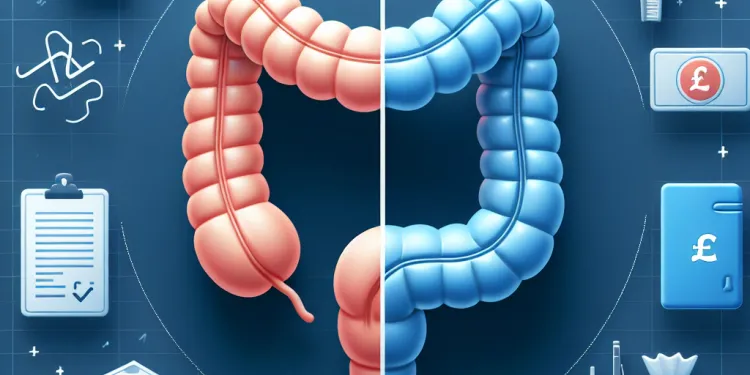
What is the difference between colon cancer and rectal cancer?
Relevance: 69%
-
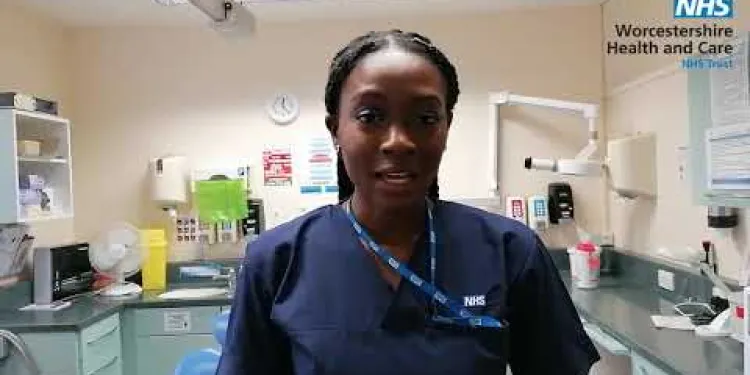
Mouth Cancer Awareness
Relevance: 68%
-
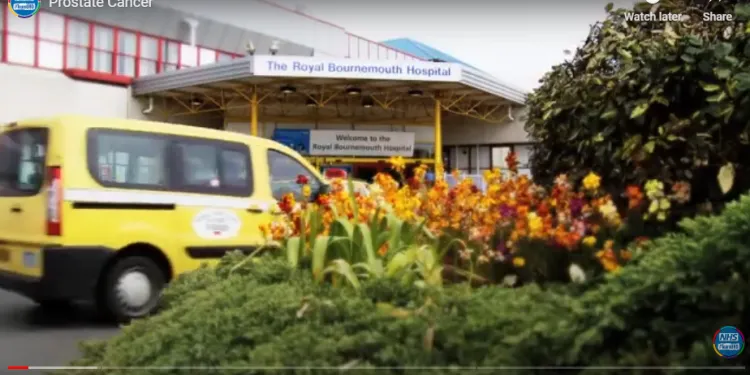
What is Prostate Cancer?
Relevance: 68%
-

Mouth Cancer Infomercial
Relevance: 68%
-

What is testicular cancer?
Relevance: 68%
-
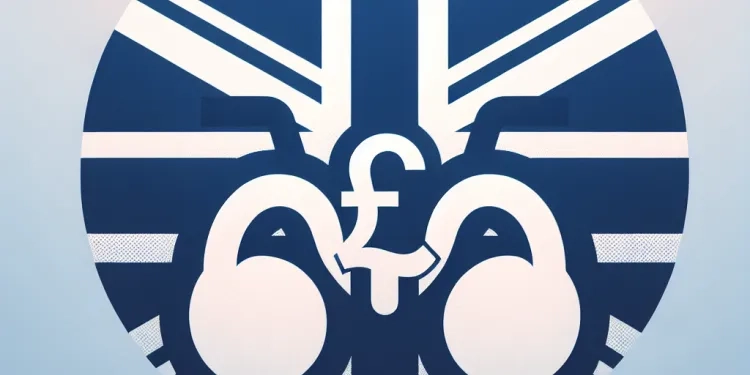
What is testicular cancer?
Relevance: 68%
-
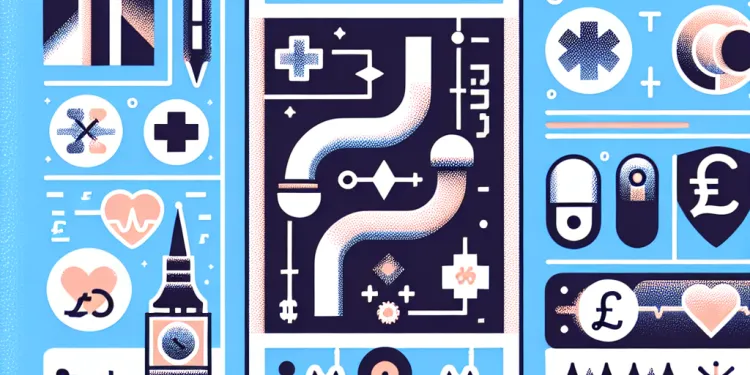
What is Pancreatic Cancer?
Relevance: 68%
-

What is colorectal cancer?
Relevance: 67%
-

What is testicular cancer?
Relevance: 67%
-
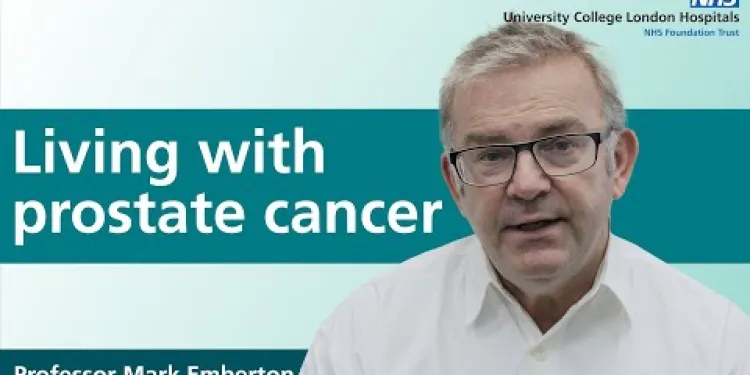
Living with prostate cancer
Relevance: 67%
-
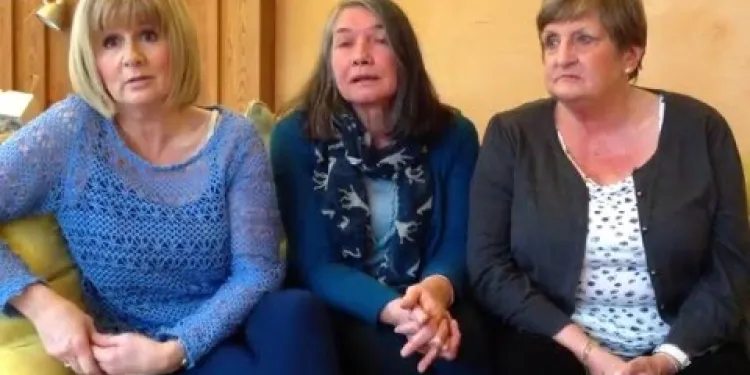
Raising awareness of ovarian cancer
Relevance: 67%
-

What is Bowel Cancer?
Relevance: 67%
-
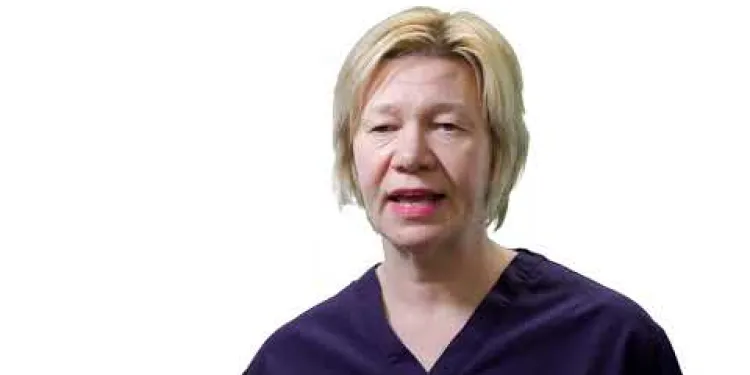
Head and Neck Cancer Diagnosis
Relevance: 67%
-

Is BPH the same as prostate cancer?
Relevance: 66%
-

What is cancer screening?
Relevance: 66%
-

Can exercise help with symptoms of bowel cancer treatment?
Relevance: 65%
-
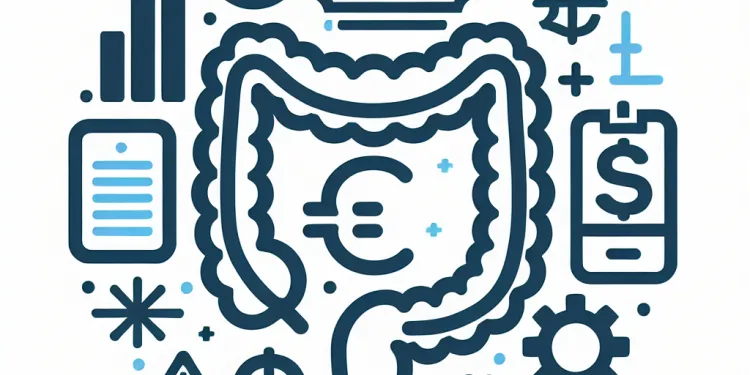
How is bowel cancer diagnosed?
Relevance: 65%
-
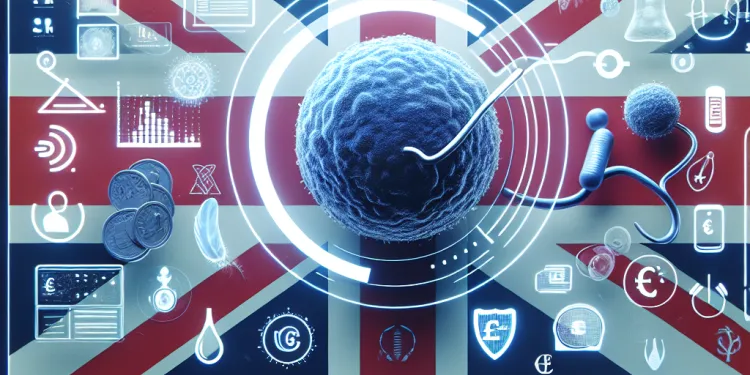
How is testicular cancer diagnosed?
Relevance: 65%
-
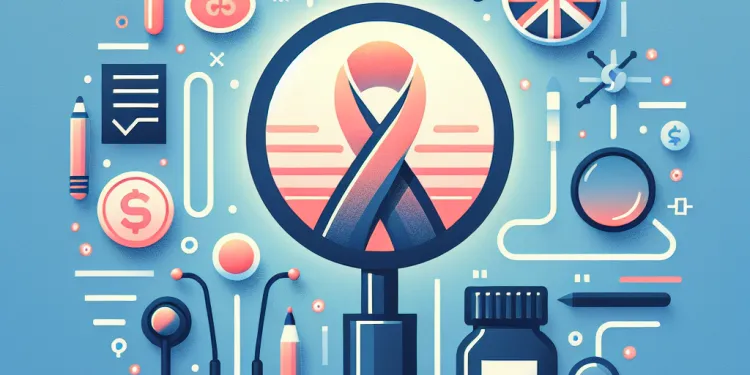
Is testicular cancer treatable?
Relevance: 65%
-
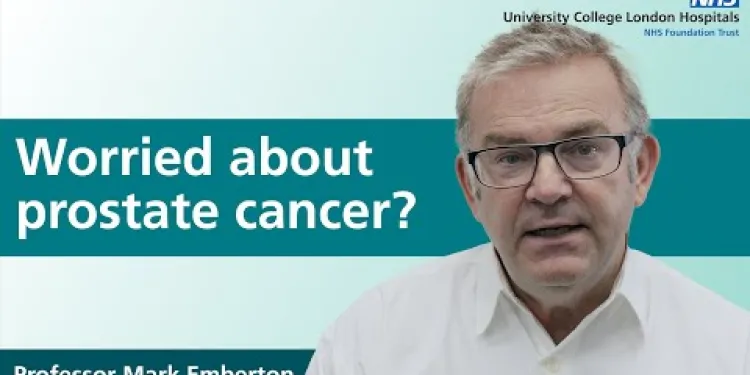
Prostate cancer diagnosis and tests
Relevance: 64%
-
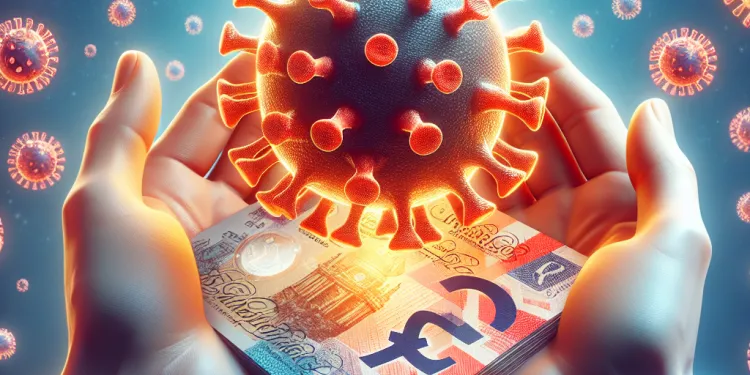
Can HPV lead to cancer?
Relevance: 63%
-

How common is testicular cancer?
Relevance: 63%
-

Does BPH increase the risk of prostate cancer?
Relevance: 63%
-
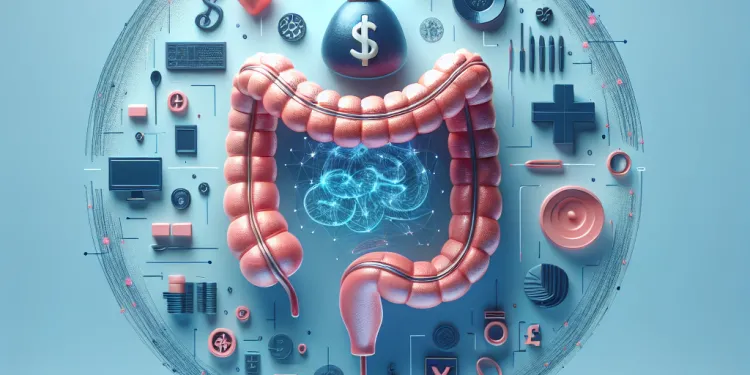
How common is bowel cancer?
Relevance: 62%
-
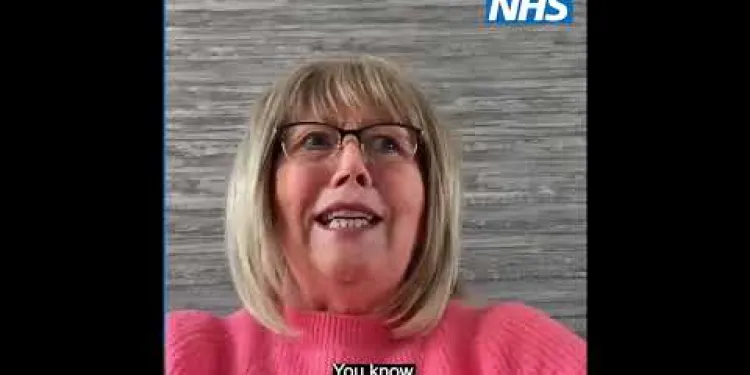
NHS breast cancer screening
Relevance: 62%
Get Cancer Symptoms Checked by Your GP | NHS - BSL Version
Understanding the Importance of Early Detection
Early detection of cancer can dramatically increase the chances of successful treatment and survival. By getting symptoms checked as soon as possible, you can access the care and support you need. The NHS provides resources including British Sign Language (BSL) versions to ensure accessibility for everyone. It's vital to stay informed about common cancer symptoms and take action quickly if you notice anything unusual.
Common Cancer Symptoms to Watch For
Being aware of the common symptoms of cancer can help you identify potential issues early. Some symptoms include unexplained lumps or swelling, persistent cough or hoarseness, changes in bowel habits, unexplained weight loss, unusual bleeding, or changes in skin appearance. If you notice any of these symptoms, do not hesitate to contact your GP for an evaluation. Early intervention is key.
How the NHS Supports You
The NHS offers a comprehensive range of services to support individuals at risk or living with cancer. This includes providing BSL interpreters for deaf patients during medical appointments, ensuring communication barriers do not prevent you from receiving the best care possible. The NHS also offers online resources, videos, and information in BSL to help you understand your health and the steps you need to take.
Booking an Appointment with Your GP
If you have symptoms that could be related to cancer, it's essential to book an appointment with your GP as soon as possible. You can do this by calling your local GP surgery or using online booking services offered by many GP practices. Be clear about your symptoms and concerns when you book, so the healthcare provider understands the urgency.
During the GP Appointment
During your appointment, your GP will discuss your symptoms and medical history, and may carry out a physical examination. If necessary, they may refer you for further tests or to a specialist for more detailed evaluation. It's important to be honest and thorough when describing your symptoms to ensure you receive the correct diagnosis and treatment.
Follow-Up and Support
After your GP appointment, follow any advice or referrals provided. The NHS offers a range of support services including counselling, support groups, and specialist care to help you through this time. Accessing these resources can provide emotional and practical support, ensuring you are not alone in your journey to recovery. Remember, early detection saves lives. Do not ignore symptoms—get checked by your GP, and take advantage of the NHS services available to you, including BSL resources to ensure you are fully informed and supported.
Get Cancer Symptoms Checked by Your GP | NHS - BSL Version
Understanding the Importance of Early Detection
Early detection of cancer can significantly improve the chances of successful treatment. In the United Kingdom, the NHS emphasizes the importance of getting any unusual symptoms checked by your GP. This is especially vital for those who use British Sign Language (BSL) as their primary mode of communication, ensuring everyone can access the information they need.
Recognizing Common Cancer Symptoms
Cancer symptoms can vary depending on the type of cancer, but there are several common signs to be aware of. These include unexplained weight loss, persistent tiredness, and noticeable changes in a mole or skin lesion. Frequent coughing, changes in bowel habits, and difficulty swallowing are also symptoms that should be brought to your GP's attention promptly.
How the NHS Supports BSL Users
The NHS is committed to ensuring that BSL users can access healthcare as effortlessly as possible. This includes providing interpretation services during GP appointments and offering resources in BSL format to help you understand your symptoms and the importance of early diagnosis. Don’t hesitate to ask for BSL support when booking your GP appointment.
Booking an Appointment with Your GP
If you notice any of the symptoms mentioned, it is crucial to arrange an appointment with your GP. Ensure that you mention your need for BSL support when booking. Your GP will evaluate your symptoms and may refer you for further tests if necessary. Early checks can save lives, so do not delay in seeking medical advice.
Supporting Your Health and Wellbeing
Remember, seeking help early not only supports your health but also contributes to your overall wellbeing. The NHS provides numerous resources to guide you through understanding symptoms and the importance of early checks. Do not hesitate to use these resources and communicate with your GP about any health concerns you may have.
Get Cancer Symptoms Checked by Your GP
Understanding Why Early Checks are Important
Finding cancer early can help you get better treatment. It can save lives. If you notice any symptoms, see your GP quickly. The NHS can help with British Sign Language (BSL) videos so everyone can understand. Learn about common cancer symptoms and see your GP if something seems wrong.
Common Cancer Symptoms to Know
Know the symptoms of cancer so you can find problems early. Look out for lumps, a long-lasting cough, changes in going to the toilet, losing weight for no reason, bleeding that is unusual, or changes to your skin. If you see any of these signs, call your GP. It’s important to act fast.
How the NHS Helps You
The NHS has many ways to help people affected by cancer. They can provide BSL interpreters to help deaf patients during visits. This makes sure you get the care you need. The NHS also has online information and videos in BSL about your health and what to do.
Making an Appointment with Your GP
If you have symptoms that might be cancer, call your GP right away. You can call or use online booking if your GP offers it. Tell them your symptoms so they know how important it is.
During Your GP Visit
When you see your GP, they will talk to you about your symptoms and might check you over. If needed, they will send you for more tests or to see a specialist. Tell them all about your symptoms to get the right help.
Following Up and Getting Support
After you see your GP, follow their advice. The NHS can help with counselling, support groups, and special care. This support can help you feel better during this time. Remember, finding cancer early can save lives. Don’t ignore symptoms—see your GP, and use the NHS services to help you. There are BSL resources to make sure you have all the information and help you need.
Get Cancer Symptoms Checked by Your GP | NHS - BSL Version
Understanding the Importance of Early Detection
Finding cancer early makes it easier to treat. In the UK, the NHS says you should see your GP if you have any unusual symptoms. This is very important for people who use British Sign Language (BSL) so they can get the help they need.
Recognizing Common Cancer Symptoms
Cancer symptoms can be different, but there are some common ones to look out for. These include losing weight for no reason, feeling very tired, or changes in a mole on your skin. Also, see your GP if you have a cough that won't go away, changes in how you go to the toilet, or trouble swallowing.
How the NHS Supports BSL Users
The NHS wants to make it easy for BSL users to get healthcare. They have interpreters for GP visits and information in BSL to help you know your symptoms and why it's important to see your GP early. Ask for BSL help when you book your GP visit.
Booking an Appointment with Your GP
If you notice any symptoms, it is important to see your GP. Tell them you need BSL support when you make your appointment. Your GP will check your symptoms and might send you for more tests. Checking early can save lives, so don't wait to get medical advice.
Supporting Your Health and Wellbeing
Getting help early is good for your health and wellbeing. The NHS has lots of resources to help you understand symptoms and why early checks are important. Use these resources and talk to your GP if you are worried about your health.
Frequently Asked Questions
What are the common symptoms of cancer?
Common cancer symptoms may include unexplained weight loss, lumps, persistent pain, unusual bleeding, and changes in bowel or bladder habits.
When should I see a GP about cancer symptoms?
You should see your GP if you notice any persistent or unusual changes in your body. Early detection can improve treatment outcomes.
How can I book an appointment with my GP if I have cancer symptoms?
You can book an appointment with your GP by calling your local surgery or using online booking services, if available.
Can I schedule a GP appointment if I'm worried about a possible tumour?
Yes, it's important to book an appointment with your GP if you are concerned about any symptoms that could be indicative of a tumour.
What should I expect during a GP appointment for cancer symptoms?
During your appointment, your GP will ask about your symptoms, medical history, and may perform a physical examination. They might also refer you for tests or to a specialist.
Are cancer testing and diagnosis services free in the UK?
Yes, cancer testing and diagnosis services are typically provided free of charge through the NHS in the UK.
What should I do if I can't get an immediate GP appointment?
If you are unable to get an immediate appointment, explain your symptoms to the reception staff so they can prioritise your case appropriately.
Can I see a GP if I notice a lump anywhere on my body?
Yes, you should see a GP if you notice a new lump or a lump that is changing in size, shape, or texture.
What is the importance of early detection of cancer?
Early detection of cancer improves the chances of successful treatment and can significantly improve survival rates.
What might a GP do if they suspect cancer?
If your GP suspects cancer, they may refer you for further tests such as blood tests, imaging scans, or a biopsy, or refer you to a specialist.
Is there support available if I'm diagnosed with cancer?
Yes, there are various support services available including NHS cancer support, charities, and local support groups.
Can cancer symptoms vary based on different types?
Yes, cancer symptoms can vary widely depending on the type and location of the cancer. It's important to discuss any symptoms with your GP.
How can I prepare for a GP appointment about cancer symptoms?
Make a note of your symptoms, their duration, and any changes. Be prepared to discuss your medical history and any relevant family history of cancer.
Can I bring someone with me to my GP appointment?
Yes, you can bring a friend or family member with you for support during your GP appointment.
How long will it take to get test results back if cancer is suspected?
The time it takes to get test results can vary, but your GP or specialist will inform you of the expected timeline and next steps.
What are the common signs of cancer?
Cancer can make people feel very sick. Here are some signs to watch out for:
- Losing weight without trying
- Feeling very tired all the time
- Having a pain that does not go away
- Finding a lump or bump in your body
- Noticing changes in your skin or a mole
- Having a cough that does not go away
If you notice any of these signs, it is important to talk to a doctor. They can help you find out what is wrong.
You can use tools like pictures, videos, or ask someone to help you understand better.
Cancer signs to watch for can be losing weight without trying, feeling a lump, having pain that doesn't go away, bleeding that is not normal, or going to the bathroom differently than usual.
If you need help, ask someone you trust to talk about it with you. You can also use a calendar to keep track of any changes or ask your doctor lots of questions.
When should I see a doctor about signs of cancer?
If you notice something different or unusual about your body, it's important to talk to a doctor. Here’s when to see a doctor:
- If something is bothering you and doesn't feel right.
- If you notice changes in your body that last for a few weeks.
- If you have a lump, bump, or swelling that you are worried about.
- If you have pain that won’t go away.
- If you have a cough that doesn’t go away.
These might be signs that you should talk to a doctor. Doctors can help you find out what’s happening with your body. Don’t wait too long to ask for help.
Try to keep notes about how you feel. You can also ask someone you trust to help you talk to the doctor.
See your doctor if you notice any changes in your body that don't go away or seem different from normal. Finding problems early can help make treatments work better.
How do I see my doctor if I think I might have cancer?
If you feel sick or notice changes in your body, it is important to see a doctor. You can do this by booking an appointment with your GP. Here is how you can do it:
- Call your doctor’s office: Use the phone to call your GP's office and ask for an appointment. Tell them you need to see the doctor because you are worried about cancer.
- Book online: Some doctor's offices let you book an appointment on their website. Ask someone to help you if you find it tricky.
- Ask for help: If booking an appointment is hard, ask a family member or friend to help you. They can call or go online for you.
Tools that can help:
- Telephone assistance: Some phones have voice assistants that can help you make calls.
- Website reading tools: Use tools that read websites out loud to you.
Remember, it is good to talk to a doctor if something feels wrong. They are there to help you.
You can make a doctor's appointment by calling your local doctor’s office. If they have a website, you might be able to book online too!
Can I book a doctor appointment if I'm worried about a lump?
Yes, you can see a doctor if you find a lump on your body. Here’s what you can do:
- Ask a family member or friend to help you call the doctor's office.
- Write down what you want to say before you call.
- Use a calendar to mark the date and time of your appointment.
- Bring a notebook to write down what the doctor says.
It’s important to talk to a doctor if you are worried. They can help you understand what to do next.
Yes, it's important to talk to your doctor if you are worried about signs that could mean you have a tumour.
What happens at a doctor's appointment if you think you might have cancer?
If you think you might have cancer and go to see your doctor, here is what to expect:
- The doctor will ask you about how you are feeling.
- They will want to know about any symptoms you have, like if you've been feeling sick or if you have a lump.
- The doctor may check your body to see how you are doing.
- Sometimes, the doctor might ask you to have some tests, like a blood test or a scan, to get more information.
- You can ask the doctor any questions if you don't understand something.
- If you find it hard to remember things, you could take someone with you or write down what the doctor says.
Don't be afraid to talk to the doctor. They are there to help you.
When you go to see your doctor, they will ask you about how you are feeling and any signs of being sick. They will also ask about any past health problems. The doctor might check your body to see how you are doing. They could also send you for some tests or ask another doctor to help.
If you find this hard to read, you can get someone to read it out loud to you. You can also use a computer or phone app that reads words to you.
Is it free to get tested and find out if you have cancer in the UK?
In the UK, health care is often free with the NHS. This includes tests and checks for cancer. If you are worried about cancer, you can talk to your doctor. They might suggest tests to check for cancer. You will not have to pay for these tests.
If you find it hard to understand health information, you can:
- Ask a family member or friend to explain.
- Use simple websites that explain health topics.
- Talk to your doctor or nurse, and ask them to use easy words.
Yes, in the UK, the NHS usually gives cancer tests and diagnoses for free.
What can I do if I can't see the doctor right away?
If the doctor is busy and you can't see them right now, here are some things you can try: 1. **Call 111**: You can use the phone to call 111 for medical help. They can tell you what to do or who else can help. 2. **Visit a Pharmacy**: You can go to a pharmacy. The pharmacist can give you advice and medicine for some illnesses. 3. **Check Online**: Use websites to check your symptoms. They can help you know if you need to see a doctor soon. 4. **Book Another Appointment**: Try to book an appointment for another day. Ask when you can see the doctor next. 5. **Go to a Walk-In Centre**: Some places have walk-in centres where you don't need an appointment. You can use these tools to get help when the doctor is busy.If you can't get a doctor's appointment right away, tell the person at the front desk about your symptoms. This way, they can make sure you get the right help as soon as possible.
Can I see a doctor if I find a lump on my body?
If you find a lump on your body, you can visit a doctor. Seeing a doctor is a good idea because they can help check if the lump is okay.
Tip: Ask someone you trust to go with you if you feel worried. You can also write down questions you want to ask the doctor before you go.
If you find a new bump on your body, or if a bump is getting bigger or feels different, you should go see your doctor.
Why is it important to find cancer early?
Finding cancer early is really important. It can help doctors treat it better. This means more people can get better and live longer.
What does a doctor do if they think it might be cancer?
A GP is a doctor you see when you feel unwell. If they think you might have cancer, they can do some things to help:
- Ask you more questions about how you feel.
- Do some tests to learn more.
- Send you to see a specialist doctor.
It’s good to talk with your GP if anything worries you. You can also take a family member or friend to your appointments for support. Writing down your questions before visiting the doctor can be helpful, too.
If your doctor thinks you might have cancer, they might send you for more tests. These could be blood tests, scans, or a small tissue test called a biopsy. They might also send you to see a specialist doctor who knows a lot about cancer.
Can I get help if the doctor says I have cancer?
If the doctor tells you that you have cancer, there are people who can help you.
Here's how they can help:
- You can talk to a nurse or doctor.
- You can join support groups where you meet other people with cancer.
- Friends and family can also help you feel better.
These people will be there to help and support you.
Yes, you can get help from different places. The NHS can help with cancer support. There are also charities and local groups that offer support.
Do different types of cancer have different signs?
Yes, signs of cancer can be different. It depends on where the cancer is in the body and what kind it is. It's important to talk to your doctor about any signs you notice.
Getting Ready for a Doctor's Visit About Cancer Signs
Are you going to see your doctor because you might have cancer signs? Here is how you can get ready:
- Make a List: Write down all the signs and symptoms you have. This means anything unusual or that makes you feel different.
- Bring a Friend: Ask someone you trust to come with you. They can help remember what the doctor says.
- Write Questions: Think of questions you want to ask the doctor and write them down. This helps you remember everything you want to know.
- Use Tools: If reading is hard, ask for help or use tools like picture books or simple word lists.
- Relax: Take deep breaths and try to stay calm. The doctor is there to help you.
These steps can make your visit easier and help you talk with the doctor.
Write down what makes you feel sick, how long you have felt this way, and any changes you notice. Be ready to talk about your past health problems and if anyone in your family has had cancer.
Can I take someone with me to the doctor?
Yes, you can bring someone with you. This can be a friend, family member, or helper. They can support you and help you remember information.
Tools that might help you:
- Write down questions to ask the doctor.
- Bring a notebook to write down what the doctor says.
- Use a calendar to remember your appointment date and time.
You can bring a friend or family member to help you when you see the doctor.
When will I know my test results if the doctor thinks it might be cancer?
If the doctor thinks you might have cancer and you have a test, you might feel worried. It’s natural to want to know the results quickly.
It can take a few days or sometimes a couple of weeks to get your results. The doctor or nurse will tell you when you will find out.
If you feel nervous, it can help to talk to someone you trust, like a friend or a family member.
You can also ask the doctor or nurse to explain anything you don’t understand.
Getting your test results can take different amounts of time. Your doctor will tell you how long it will take and what will happen next.
Useful Links
This website offers general information and is not a substitute for professional advice.
Always seek guidance from qualified professionals.
If you have any medical concerns or need urgent help, contact a healthcare professional or emergency services immediately.
Some of this content was generated with AI assistance. We’ve done our best to keep it accurate, helpful, and human-friendly.
- Ergsy carfully checks the information in the videos we provide here.
- Videos shown by Youtube after a video has completed, have NOT been reviewed by ERGSY.
- To view, click the arrow in centre of video.
- Most of the videos you find here will have subtitles and/or closed captions available.
- You may need to turn these on, and choose your preferred language.
- Go to the video you'd like to watch.
- If closed captions (CC) are available, settings will be visible on the bottom right of the video player.
- To turn on Captions, click settings .
- To turn off Captions, click settings again.
More Items From Ergsy search
-

What are the symptoms of testicular cancer?
Relevance: 100%
-

Ovarian cancer - signs and symptoms to look out for
Relevance: 91%
-

Get cancer symptoms checked by your GP | NHS
Relevance: 91%
-

Bowel cancer - Symptoms and signs to look out for
Relevance: 91%
-

About Breast cancer - signs and symptoms | NHS
Relevance: 90%
-

Prostate cancer symptoms - detecting them early
Relevance: 90%
-

Get cancer symptoms checked by your GP | NHS - BSL version
Relevance: 84%
-

Are there symptoms of an HPV infection?
Relevance: 74%
-

Ovarian Cancer
Relevance: 73%
-

Vaginal Cancer
Relevance: 73%
-

Endometrial Cancer
Relevance: 72%
-

Vulval Cancer
Relevance: 71%
-

What is Cancer?
Relevance: 71%
-

Endometrial Cancer
Relevance: 71%
-

Endometrial Cancer
Relevance: 70%
-

What is the difference between colon cancer and rectal cancer?
Relevance: 69%
-

Mouth Cancer Awareness
Relevance: 68%
-

What is Prostate Cancer?
Relevance: 68%
-

Mouth Cancer Infomercial
Relevance: 68%
-

What is testicular cancer?
Relevance: 68%
-

What is testicular cancer?
Relevance: 68%
-

What is Pancreatic Cancer?
Relevance: 68%
-

What is colorectal cancer?
Relevance: 67%
-

What is testicular cancer?
Relevance: 67%
-

Living with prostate cancer
Relevance: 67%
-

Raising awareness of ovarian cancer
Relevance: 67%
-

What is Bowel Cancer?
Relevance: 67%
-

Head and Neck Cancer Diagnosis
Relevance: 67%
-

Is BPH the same as prostate cancer?
Relevance: 66%
-

What is cancer screening?
Relevance: 66%
-

Can exercise help with symptoms of bowel cancer treatment?
Relevance: 65%
-

How is bowel cancer diagnosed?
Relevance: 65%
-

How is testicular cancer diagnosed?
Relevance: 65%
-

Is testicular cancer treatable?
Relevance: 65%
-

Prostate cancer diagnosis and tests
Relevance: 64%
-

Can HPV lead to cancer?
Relevance: 63%
-

How common is testicular cancer?
Relevance: 63%
-

Does BPH increase the risk of prostate cancer?
Relevance: 63%
-

How common is bowel cancer?
Relevance: 62%
-

NHS breast cancer screening
Relevance: 62%


